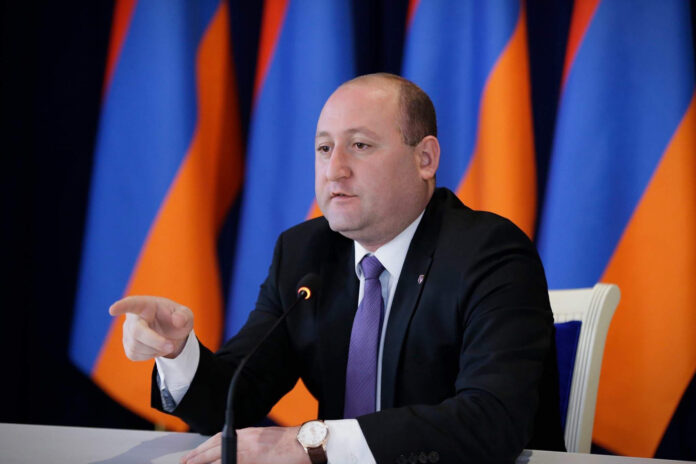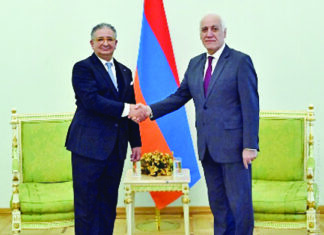The Pashinyan–Aliyev–Trump meeting has recently dominated Armenian discourse, both domestically and in the diaspora. Reactions range from celebrating a historic peace achievement to condemning a treacherous act by Armenian authorities. While experts across various fields analyze the meeting, and with most aspects already discussed, I will focus on overlooked or underaddressed details.

First of all, the signed statement carries the same legal weight as the November 9 Armenia-Azerbaijan-Russia statement. It is a non-binding statement.
Another key consideration is the potential impact of oral statements following a written statement. For instance, after initialing the Armenia-Turkey protocols, Armenia refrained from making oral statements to prevent Turkey from adding verbal preconditions. Despite the written statement’s avoidance of the word “corridor,” Trump repeated the term three times, reinforcing that perception. Therefore, to the argument that “the word ‘corridor’ is not in the text of the statement,” one could respond that it is present in the subsequent oral statements.
Naturally, the question arises as to meaning: the Armenian representative signed under the written text, but Trump’s words belong only to Trump. In this case, it would have been necessary for the Armenian representative to correct the person using the term “corridor,” stating that it is not a corridor and that the term is not applicable in this case. Now, it is a fact that Trump maintains it is a corridor, and his assertion remains unchallenged.
A key issue is the United States’ decision to grant both Armenia and Azerbaijan the same status as strategic partners. Unlike that Mirzoyan-Blinken agreement between foreign ministers, the Azerbaijani document was signed at the higher Trump-Aliyev presidential level. Armenia’s signing its partnership agreement days before President Joe Biden’s departure from office suggests a pro-Democratic orientation; otherwise, the Armenian authorities could have waited to maximize its impact on the current administration. Interestingly, Prime Minister Nikol Pashinyan’s change in demeanor upon Trump’s criticism of Biden during the trilateral meeting circumstantially adds further credence to this point.








